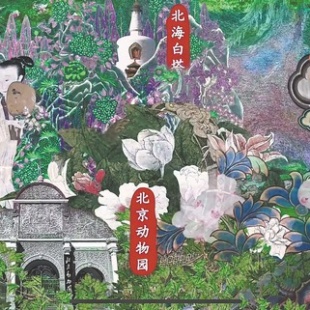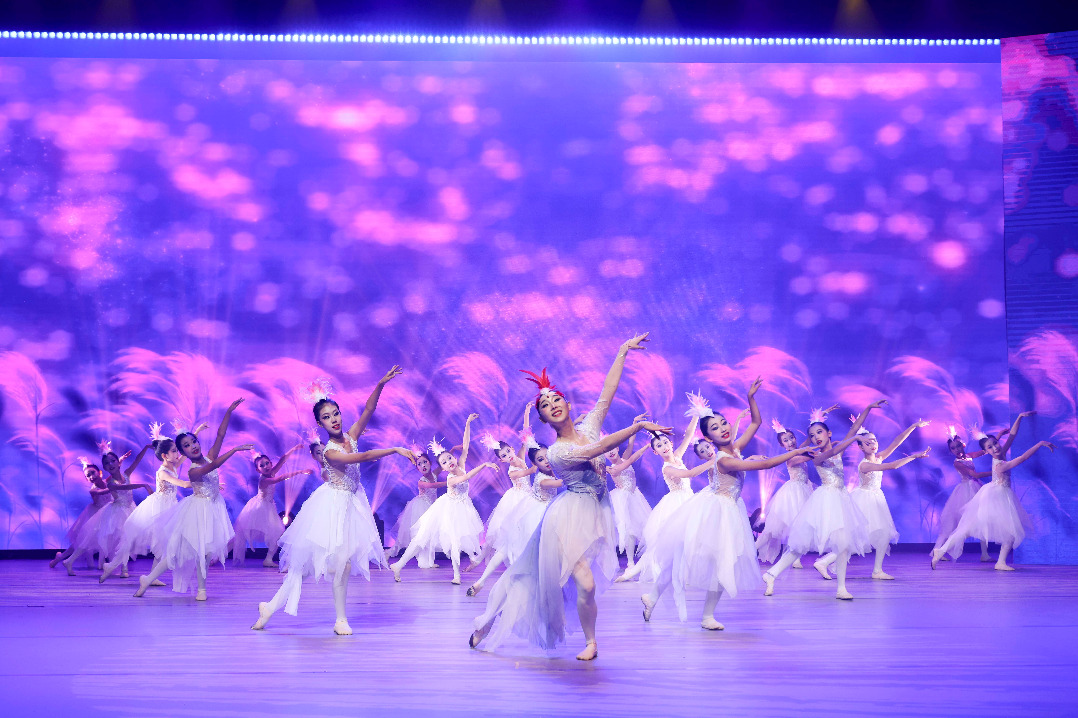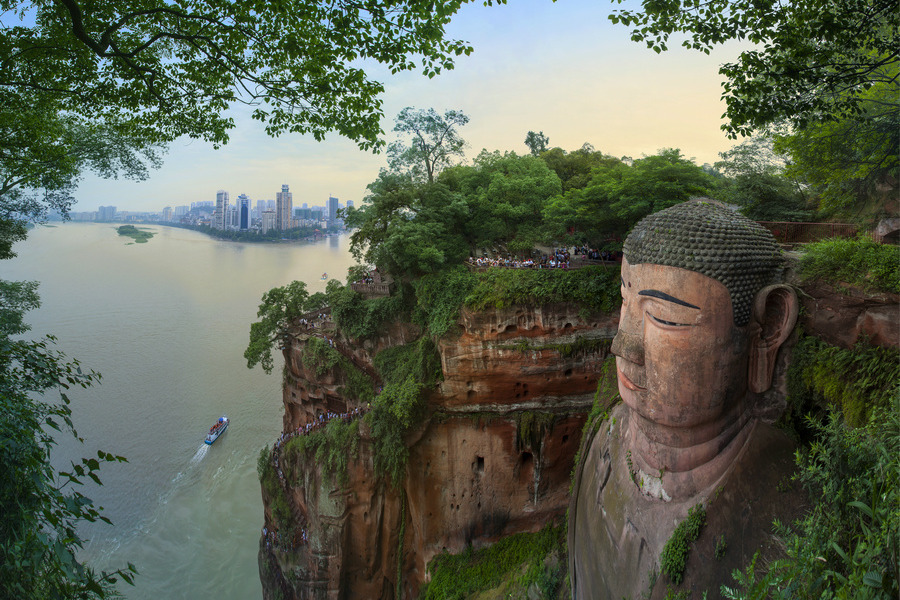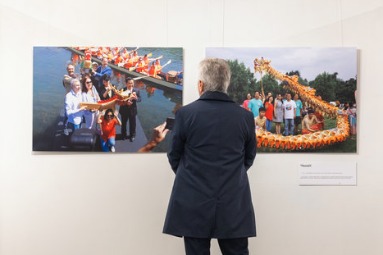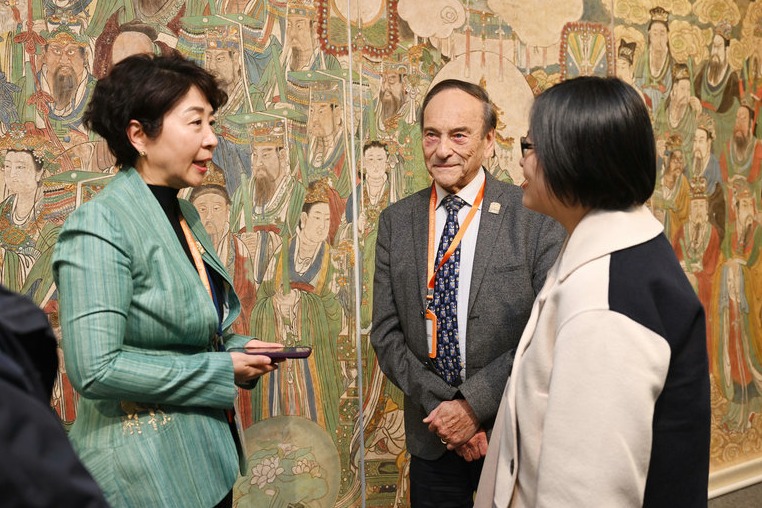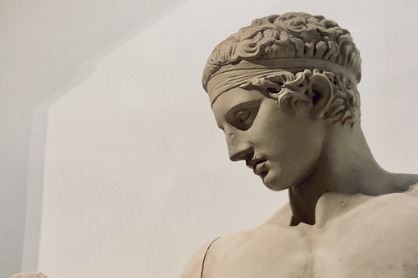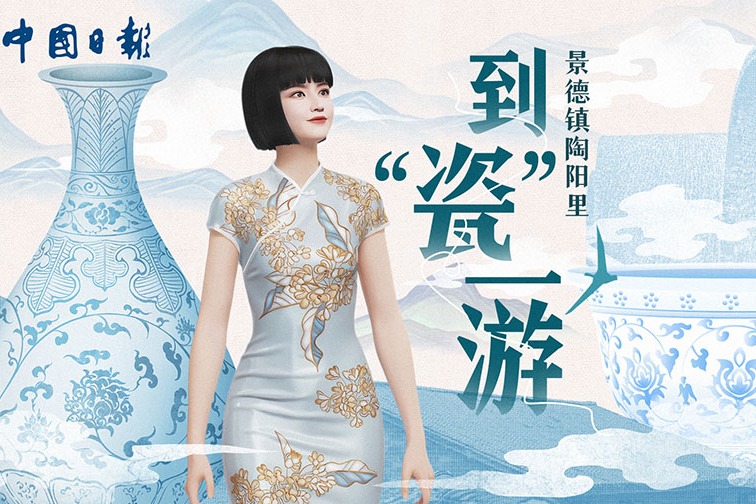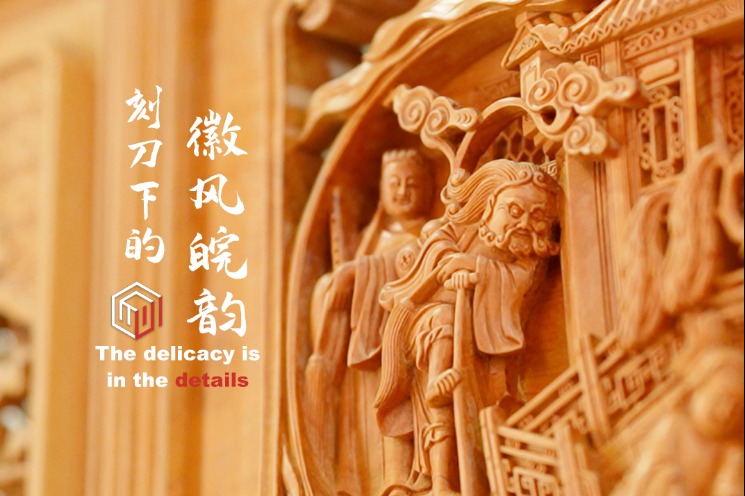Exhibition shows time past to present

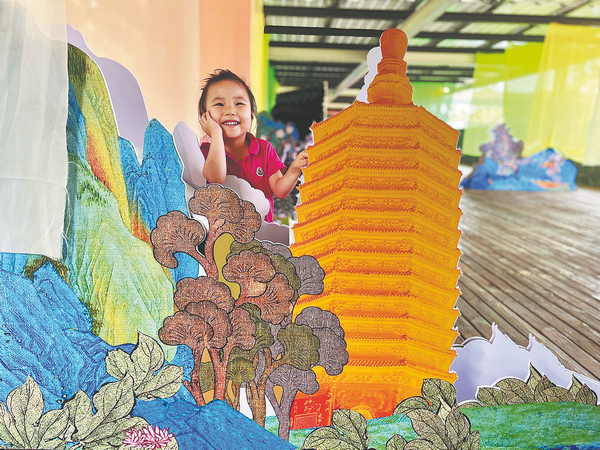
"The exhibition is mainly about ancient Chinese wisdom about time," He says.
"As one walks into the exhibition, the curtains change from green to cyan, orange and red, indicating the change of seasons," he adds.
The idea is to have visitors feel the intangibility of time when they walk into the exhibition that will run until Oct 4.
Distinctive phenomena that were observed by the ancients and are characteristic of each of the 24 solar terms have been delivered on the electronic screens, ranging from fish swimming under ice to show the Start of Spring, to thunder indicating the Waking of Insects, and then the sudden disappearance of birds to mark the Start of Winter.
"We tried to bring out historical records about solar terms, including phenology, myths, folklore and poetry, onto digital screens," He says.
Each of the animations lasts from one to two minutes.
In He's opinion, the ancient records not only reflect agrarian civilization but romantic imagination and realities among the people.
In addition, a special focus has been given to landscape in the city's Xicheng district.
Local cultural and touristic landmarks have been woven into a long scroll of season-changing animation, including Xiannongtan, a historical spot where emperors took off their imperial robes and donned farm workwear to perform ceremonies; the National Centre for the Performing Arts; Dashilan, one of the oldest and most distinctive commercial alleys; and Beijing Zoo.


